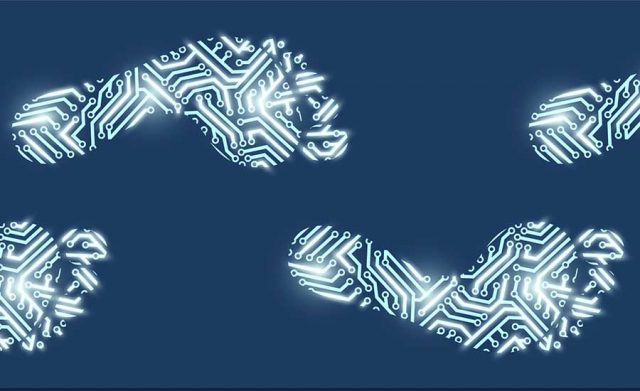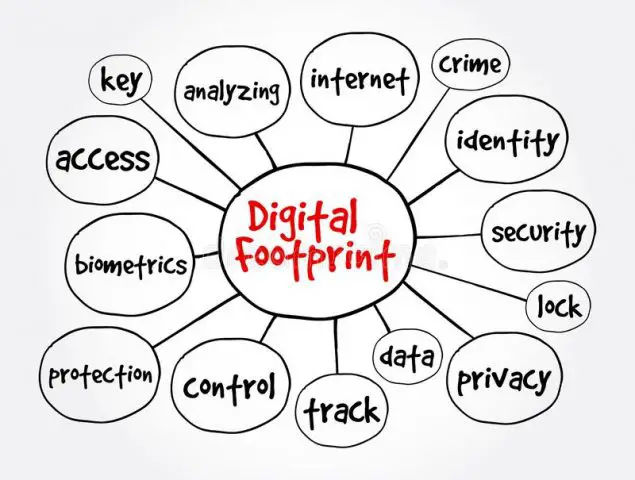Everyone that uses the Internet creates his/her digital footprint. All comments made on social media, the news article you share, even the purchases you make online generate a personal data trail. This data trail reveals a detailed frame of who you are and what you like and is considered valuable for being monetized by the so-called “free” services and apps like Facebook, Instagram, TikTok, Twitter, and so-on. When you’re online, you are being tracked with all the pages you click on to.
Costs and benefits of data trails

When sites know what you search, they send more relevant ads for products and services according to your appeal. When accept to allow cookies from websites, they record this and can make your next visit faster and less repetitive.
Digital footprints can be searched and shared by other people. So if something that you thought you were sending as a private message can easily be viewed by a larger audience, this could go to extremes and be embarrassing or hurtful, and worst of all, once it’s on the WWW, it’s there forever.
How does this work?
When you visit a website, it collects information about you by installing cookies on your phone, tablet, or computer browser. This information includes your IP address (Internet Protocol, a unique address that identifies a device on the internet or a local network), your login details, and anything else about you that you reveal or gets posted about you.
When you choose to post on social media platforms, sign up for newsletters or text alerts, or agree to install cookies by clicking “Accept” on a cookie consent banner on a website, you are leaving a data record of your activity.
It is basically your online reputation. What you say online can impact your life. And managing your data trail isn’t only about privacy and data security. Employers, schools, and law enforcement could use your online activity on social media to make character assessments and more. So, it’s important to keep your online identity positive. Imagine what someone might think about you based on your actions online.
Not aware

People may not always be aware of the digital footprint they are creating. Examples of hidden data collection include websites that install cookies without telling you, mobile apps and sites that use geolocation to determine your location, and social media ads or news sites that profile you based on your likes, shares and comments to serve you advertisements that relate to your interests. So now that you know more about the ways you’re leaving a data trail on the Internet, the next step is to keep your reputation positive and your data secure.

